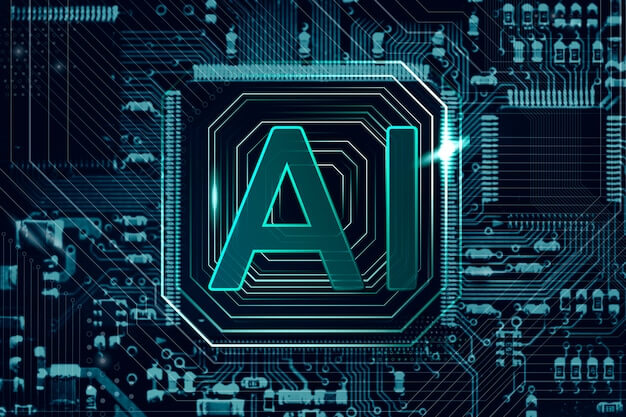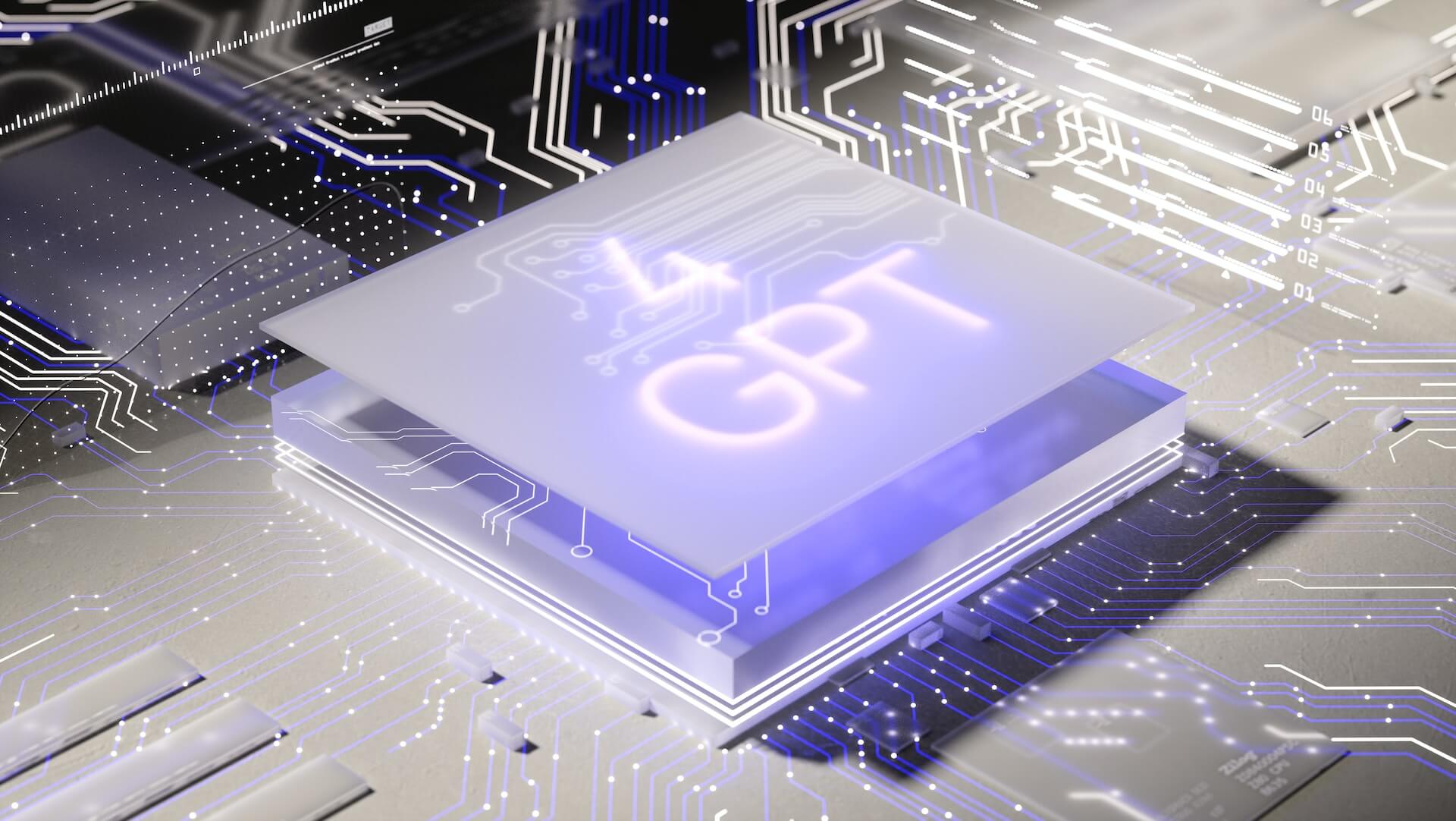Salesforce Announces Plans to Integrate Einstein GPT with Data Cloud, Salesforce Flow
AI
What is AI? Artificial intelligence is a new technological science that researches and develops theories, methods, technologies and application systems used to simulate, extend and expand human intelligence. It is a process of cognition, decision-making and feedback. Artificial intelligence technology has become the most advanced technology in the field of science and technology. Many countries are competing to open up a new direction of this technology research and strive to seize the commanding heights in this field. What is the core problem of AI technology?
Microsoft is developing an AI chip, codenamed "Athena," to power AI chatbots like ChatGPT.
Artificial intelligence promises to be a source of inspiration, and here are six tips to better feed off OpenAI's chatbots.
Geoffrey Hinton, one of the "deep learning triumvirate" and 2018 Turing Award winner, has revealed that he has left Google.
AI is providing unprecedented insights and helping to improve the efficiency of many business processes. Whether you are a freelancer working in a single-person business or responsible for multiple employees, there are many tools available to improve your operations.
ChatGPT, an artificial intelligence community, has announced a new version - GPT-4 - that will allow users with access to the API to customize the "personality" of the AI.
AI can now code in any language without additional training.
The gender parity gap in the technology industry is actually well documented and the problem is prevalent at all levels of the industry, but technology also promises to be a powerful way to close the gap between genders.
Nvidia announced earlier this Monday that the GH200 Grace Hopper Superchip, Nvidia's most powerful artificial intelligence chip to date, is now in full production.










